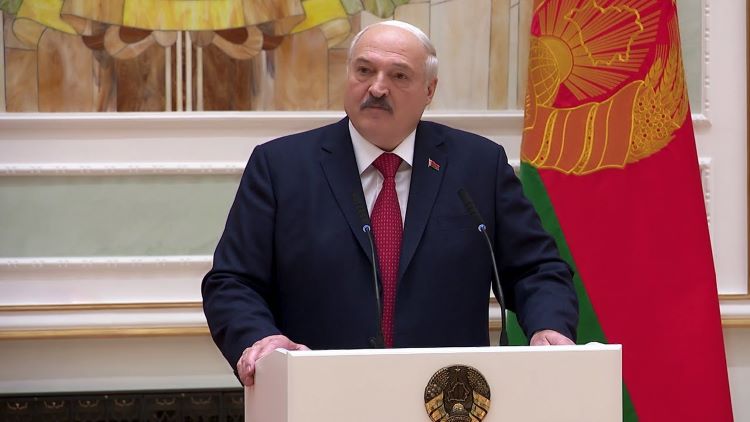Danka Savic
Ambassador of Bosnia and Herzegovina to Spain
Tomorrow, 11 July, for the 27th consecutive year, we in Bosnia and Herzegovina remember with respect and sadness all those killed in the Srebrenica genocide.
This year’s anniversary is marked by the new horrors of a war on European soil, in Ukraine, which is particularly disturbing for those of us who have been through such a terrible experience.
In recent months, the mothers of Srebrenica have sent appeals and messages of support to the people of Ukraine, who are now living through the horror that they themselves experienced in the 1990s in Bosnia and Herzegovina, and which we could not believe could happen again in Europe.
But thirty years ago, we could not believe it could happen in Bosnia and Herzegovina neither.
Bosnian director Jasmila Žbanić dedicated her latest film to the mothers of Srebrenica.
The film “Quo Vadis, Aida?”, which deals with the genocide in Srebrenica, was declared the best European film of last year.
Since 11 July 2009, when the European Parliament resolution was adopted, today is the European Day of Remembrance for the victims of Srebrenica.
A few days before this year’s anniversary, Austrian parliamentarians also paid tribute to the victims and unanimously adopted the Resolution on the Srebrenica genocide.
The resolution of the Austrian Parliament states, among other things: “To ensure a peaceful future and successful coexistence, it is necessary that all political representatives in Bosnia and Herzegovina, but also worldwide, confront the darkest chapters of history and acknowledge what happened in the past.
The commemoration of the Srebrenica genocide and the solidarity with the victims are crucial for a better future for all citizens of Bosnia and Herzegovina, but also for the strengthening of the historical awareness that such terrible crimes must never be repeated.
The resolution on Srebrenica was also adopted by the Albanian Parliament on the eve of this year’s anniversary.
Previously, the resolution was endorsed by Croatia, Macedonia, Belgium, Lithuania, Luxembourg and Switzerland, as well as by Canada, Australia and Iran.
On this, the saddest day in the modern history of Bosnia and Herzegovina, we pay tribute to the victims of the most terrible crime committed on European soil since the Second World War: the genocide in Srebrenica, a former UN protected area, committed almost half a century after the adoption of the Convention on the Prevention of Genocide, in which the civilised world defined its attitude and obligations towards this terrible evil.
On the marble plaque, placed in the area of the Potočari Srebrenica Memorial Complex, the number 8,372 is engraved as a permanent reminder of the magnitude of the crimes committed.
The Srebrenica genocide was condemned by international courts and by the courts of Bosnia and Herzegovina, Croatia and Serbia.
Sentences of over 700 years of imprisonment were handed down and almost 50 persons were convicted as instigators or direct perpetrators of the crimes committed.
As confirmed by the Missing Persons Institute of Bosnia and Herzegovina, 50 victims of the genocide will be buried at the Srebrenica Memorial Centre this year, including the youngest, Salim Mustafić, who was 16 years old when he was murdered, as well as 17-year-old Vahid Smajlović and Elvir Muminović.
So far, the remains of 6,671 people have been buried at the Srebrenica Potočari Centre, and with today’s burials, the number will rise to 6,721.
The remains of some 1,200 Srebrenica victims have not yet been found.
© All rights reserved




